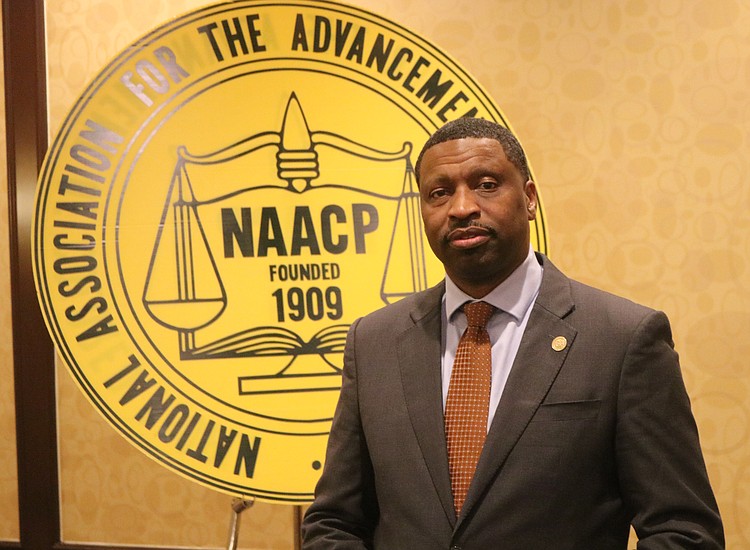In recent years, some of America’s most respected, talented and influential athletes have embraced public activism, using their platforms to spotlight injustice and emboldening others to do the same.
From Colin Kaepernick taking a knee during the national anthem to protest racial inequality, to Kobe Bryant’s philanthropic efforts around police brutality, and LeBron James’ role providing inner-city children with the programs and mentors they need to succeed in school – earning him the NAACP Jackie Robinson Sports Award – these athletes have been warriors both on their respective fields and on behalf of the civil rights movement.
In fact, this powerful act of utilizing one’s voice to address issues of discrimination and inequality has long been employed by many of the world’s greatest athletes. Take for example, Muhammad Ali’s conscientious objection to the Vietnam War, Dick Allen’s outspoken condemnation of racism in baseball, and Tommie Smith and John Carlos’ iconic black power salute at the 1968 Olympics.
This long history of athletes using their right to free speech to take a stand and contribute to cultural and political discourse has always been an important one in our community.
For over a century, the NAACP has fought for the removal of barriers that hinder full participation in our democracy and eradication of discriminatory laws and practices. The exercise of free speech has proven to be a vital tool in bringing to the public’s attention often ignored issues of social justice, particularly in the African-American community.
Members of the professional athlete community continue to quietly bring attention to social justice issues and exercise their First Amendment right to express disenchantment with society’s failure to live up to the ideals of equal treatment and equal justice for all people. Today, none of us can function within a bubble, and athletes cannot simply be expected to detach themselves from the greater issues impacting our society.
When individuals of our country’s most marginalized communities see their issues and concerns reflected in the national discourse, they can be empowered to take action to change the status quo.
Public figures play a pivotal role in directing this discourse by using their platforms to bring attention to these issues on a national stage, as they possess the influence to advocate for the voiceless and galvanize movements. But it is the personal sacrifice in the face of overwhelming opposition that every protesting athlete must endure that makes their actions that much more righteous and ultimately more effective in advocating for equal rights and justice.
Players can be powerful role models for positive social change. It is for this reason that the NAACP stands in complete solidarity with professional athletes who exercise their right to demonstrate in whatever unified, dignified manner they see fit.
In a free society, protest is a legitimate and necessary way for aggrieved communities to hold leaders accountable and to inspire change. Whether it’s taking a knee or raising a clenched fist, the demonstrations of professional athletes bring awareness to issues that are often neglected or dismissed.
-By: Derrick Johnson, President and CEO of NAACP
Derrick Johnson is the president and CEO of the NAACP, America’s largest civil rights organization. Follow him on Twitter @DerrickNAACP.
